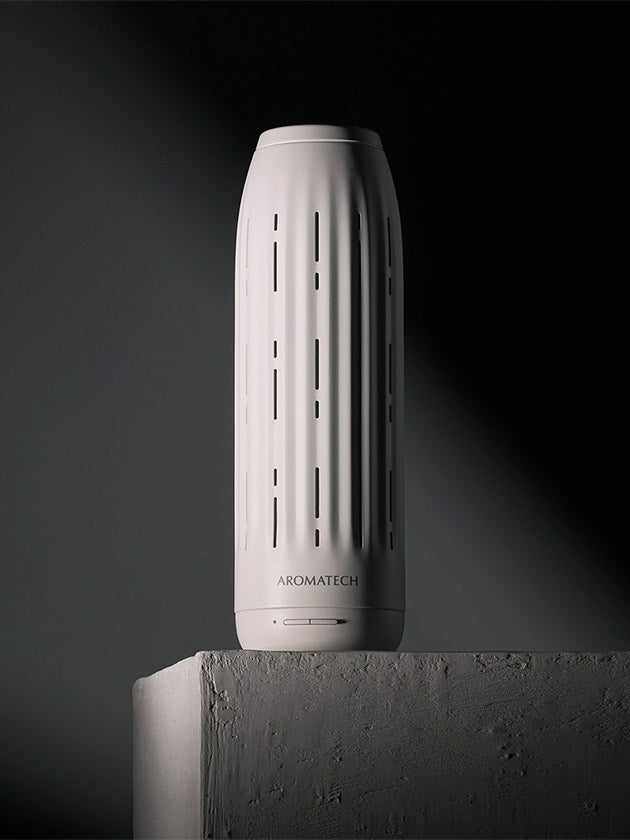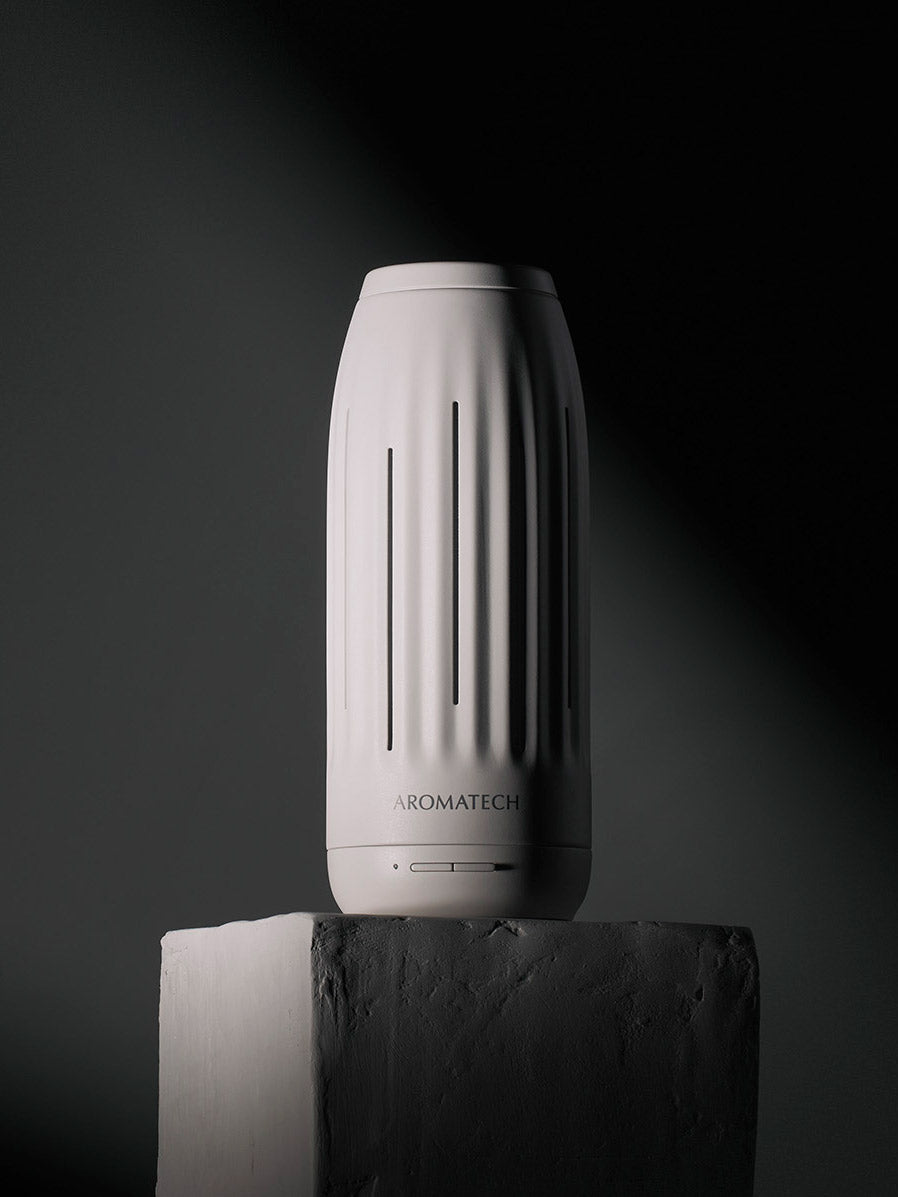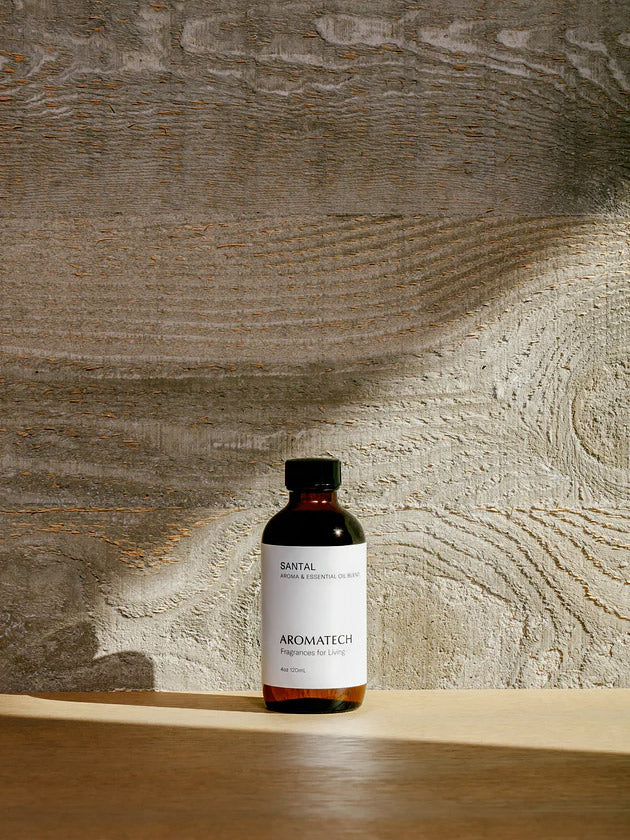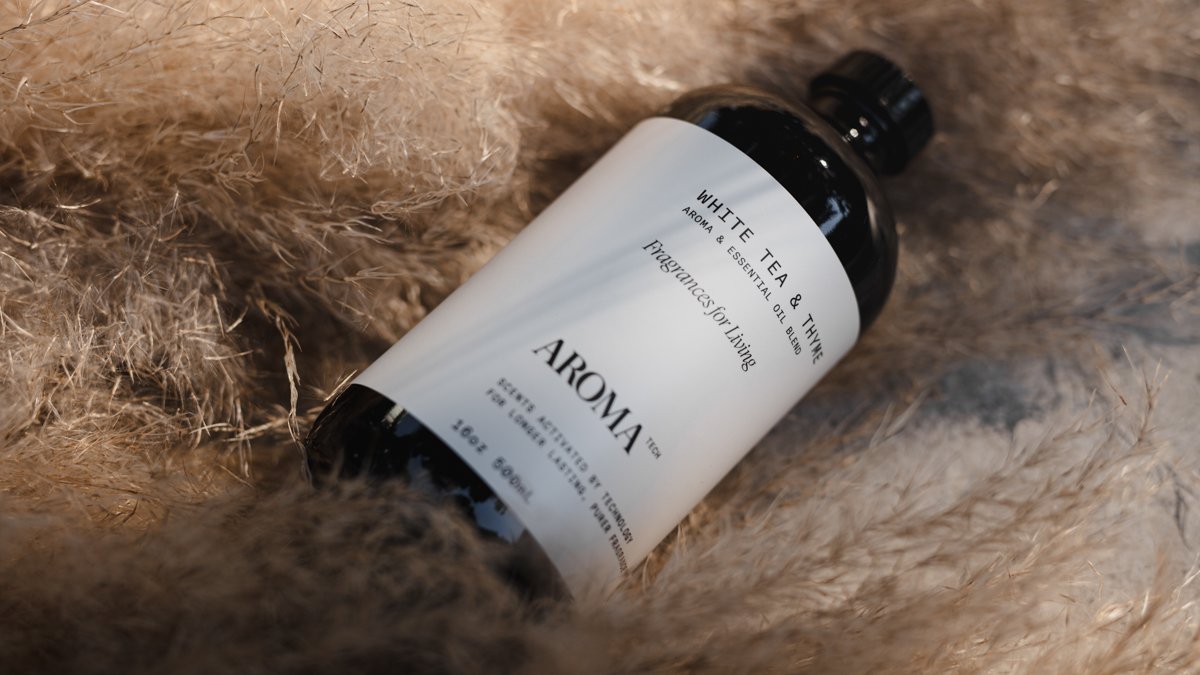Are Electric Oil Diffusers Safe?
While essential oil diffusers are generally seen as healthy additions to any space, there are still some safety concerns floating around about them on the internet. This can cause some people to wonder: are electric oil diffusers safe to use?
In this article, we’ll cover all the safety concerns that you need to be aware of. In truth, there aren’t many, and they are easily solved. We reveal these quick and easy safety solutions below as well.
Lastly, many people wonder whether their diffuser is safe for their pets - particularly dogs and cats. We have whole articles on that subject, but will sum up our findings briefly here as well! Let’s get started.
Electric Diffuser Safety Concerns
So what are the main safety concerns with electric essential oil diffusers? For most individuals, the safety risks don’t result from essential oils or aroma oils themselves. In fact, these oils have been shown to offer several health benefits. Even the FDA has labelled essential oils as GRAS (“generally recognized as safe”).
The safety concerns come, for the most part, in regards to the diffuser itself. Cheap, low quality diffusers can malfunction, and any diffusion method that involves an open flame, or heat, has the potential to cause a burn.
Electric diffusers that employ water, or water reservoirs, in order to function can have their concerns as well. Stagnant water can encourage growth of microbes or bacteria - especially in diffusers that are hard to clean.
Diffuser Safety Tips
Now that we know the main electric diffuser safety concerns, let’s take a look at some simple ways to combat the most common safety issues.
Avoid Cheap Diffusers - a simple way to ensure safe diffusing is to avoid the cheap diffusers on the market, as well as diffusers that utilize heat or an open flame (and thus carry the risk of burns). If you want to opt for an extremely cheap diffuser that is still safe, perhaps look into a reed diffuser.
Clean Your Diffuser Regularly - A quality diffuser will come with guidelines about how to clean it, and how often. If you want to go the extra mile, you can even clean it between each scenting session. What’s most important, though, is to do a deep clean every once in a while to keep mold and bacteria at bay. This is particularly good advice if your diffuser uses or stores any kind of water. Try not to let stagnant water sit undiffused in the diffuser for multiple days at a time.
Opt for High Quality Oils - not all essential or aroma oils are created equal. Many manufacturers attempt to cut costs by using synthetic materials and filler ingredients. Avoid these, and opt for oils shown to be 100% natural, pure and safe.
Are Diffusers Safe for Pets?
Much has been written on whether scent diffusers are safe for pets. In short, while there are some risks surrounding pets and essential oils, most of these result from avoidable things like direct contact with the oil, or scenting oils known to be problematic for pets.
For general safety guidelines: never apply essential oils directly to your pet, and keep them out of reach of the pet. Avoid spills, or clean them up immediately, so that the dog does not sniff or lick the oils directly. If you want to be extra safe, you can make sure to scent a room only when your pet is not present in it.
If you’d like to read our full article on whether scent diffusers are safe for pets, you can check it out here.
The Safest and Highest Quality Diffusers
We discussed some of the problems with heat based and water based diffusers above. To recap: heat diffusers carry risk of burn or fire damage, and water diffusers can make for bacterial breeding grounds if not cleaned regularly.For these reasons, cold-air diffusers are not only the most effective option, but the safest and lowest maintenance choice as well. Using cold air, these diffusers can evenly scent your entire home or business with the pure oil itself - all with no water or heat required.
You can read more about cold-air diffusion technology and check out our cold-air diffusers here.



